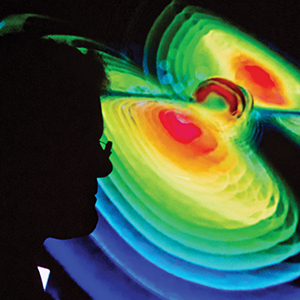The discovery of gravitational waves confirms Einstein’s insight that Creation is stranger and more wonderful than the clockwork universe imagined by Enlightenment scientists
At the museum of the history of science in Florence, honouring its famous local son Galileo, one can find a marvellous display of the seventeenth-century glass technology that made Italy the birthplace of the scientific revolution. In another room you will find mechanical devices produced in Britain and Germany a century later that made more precise measurements of our universe possible. Now the observation of gravitational waves shows again how our knowledge of ourselves and our place in the universe is advanced by our ability to measure nature ever more precisely.To detect the tiniest ripple in the space-tim
18 February 2016, The Tablet
Scientists discover Creation is more surprising than we once thought
Get Instant Access
Continue Reading
Register for free to read this article in full
Subscribe for unlimited access
From just £30 quarterly
Complete access to all Tablet website content including all premium content.
The full weekly edition in print and digital including our 179 years archive.
PDF version to view on iPad, iPhone or computer.
Already a subscriber? Login





User Comments (1)